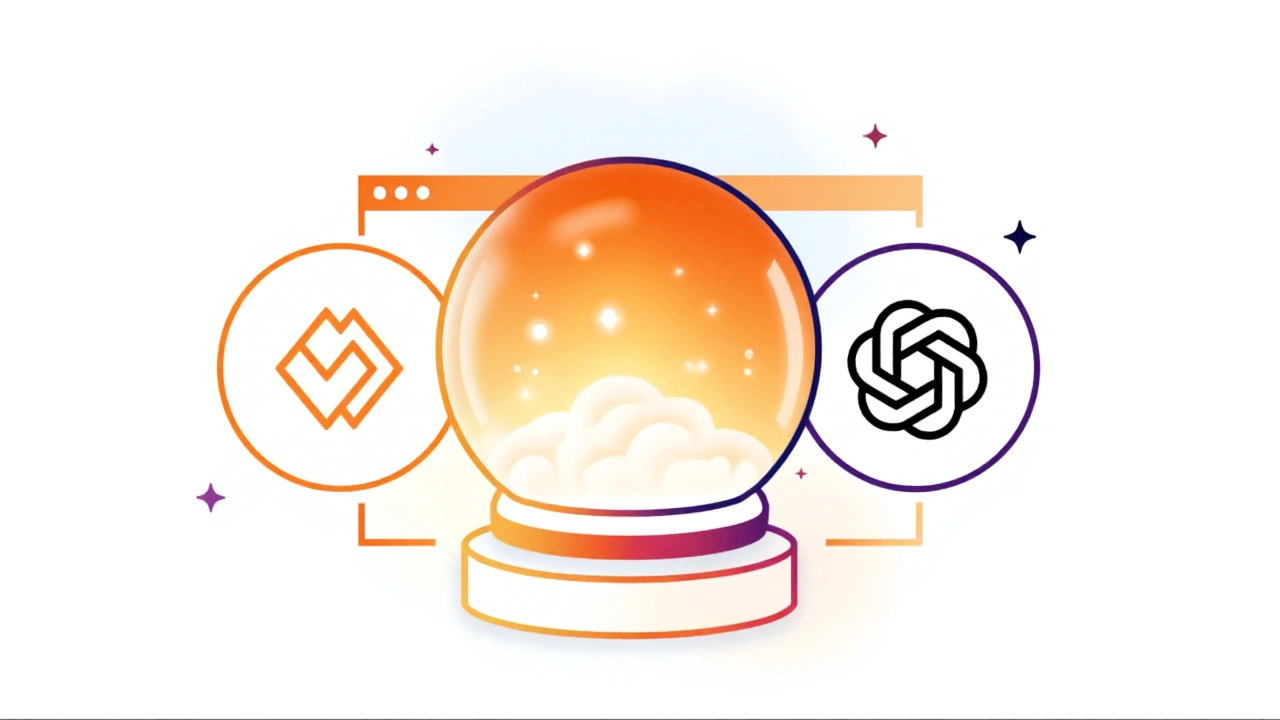Workers AI: Practical Guide for South African Employees
AI is already changing jobs across South Africa — from retail checkouts to office admin and mining operations. If the idea of AI at work worries you, that’s normal. This page gives simple, useful steps you can use today to protect your job, boost your skills, and make AI work for you.
Use AI tools to save time, not replace you
Start by learning a couple of basic tools. Chat-based assistants can draft emails, summarise meetings, or help write job applications. Code assistants speed up repetitive tasks for developers. Image and design tools speed up marketing work. You don’t need deep technical knowledge — focus on how these tools help you finish tasks faster and with fewer mistakes.
Tip: practice on personal projects first. Try making a weekly to-do list, then ask an AI to reorder it by priority. Small wins build confidence and show managers real value.
Upskill where it counts
Employers look for people who combine domain knowledge with digital skills. If you work in sales, learn how to use CRM integrations with AI. If you’re in healthcare, learn how AI supports reporting and record-keeping. Use short online courses, local TVET colleges, or SETA-accredited programmes to get recognised certificates. Focus on practical modules: prompt writing, basic data handling, and tool-specific training (e.g., Microsoft Copilot, Google Workspace AI).
Keep a record of work improvements you make with AI — faster turnaround, fewer errors, or new services you can offer. That’s strong evidence when you ask for a raise or a new role.
Know your rights. If your employer introduces AI that affects roles, ask for consultation. Trade unions and the CCMA exist to help workers negotiate changes to job descriptions, retraining plans, or fair redundancy packages. Don’t sign away training or data rights without asking questions.
Protect your data and privacy. Avoid sharing personal or sensitive client data in public AI tools. If your company uses AI, ask about where data is stored and who can access it. Simple habits — anonymising names, clearing chat histories, and using company-approved apps — reduce risk.
Think creatively about new roles. AI creates jobs in oversight, prompt engineering, quality control, and training data work. Employers often need staff who can check AI outputs, fix mistakes, and translate AI suggestions into customer-ready products.
Finally, stay curious and connected. Join online groups, follow local tech meetups, and talk to peers about what works in your sector. Small steps — learning a tool, asking for training, or documenting wins — make a big difference. AI doesn’t have to be a threat. With the right moves, it can become your workmate.

Cloudflare Integrates OpenAI’s Open-Source GPT Models Into Workers AI for Faster, Cheaper Edge AI
Cloudflare has teamed up with OpenAI to offer open-source GPT models on its Workers AI platform, promising faster response times and lower costs for developers. The partnership targets accessible, scalable AI at the edge, featuring prompt caching, fine-tuning, and integration with Cloudflare tools.